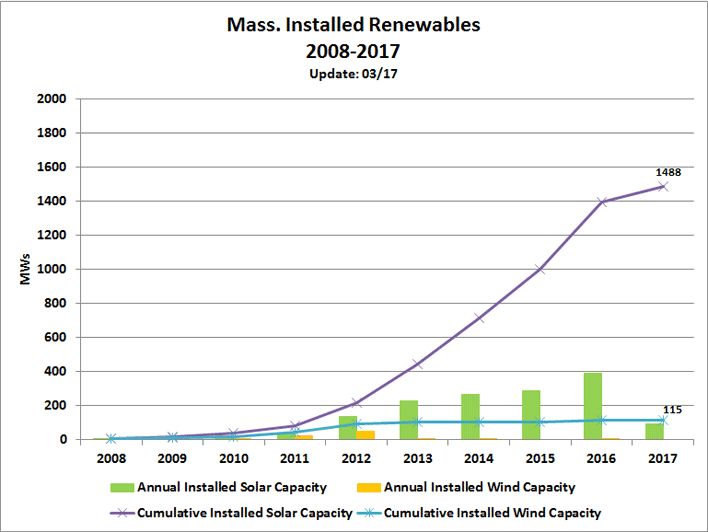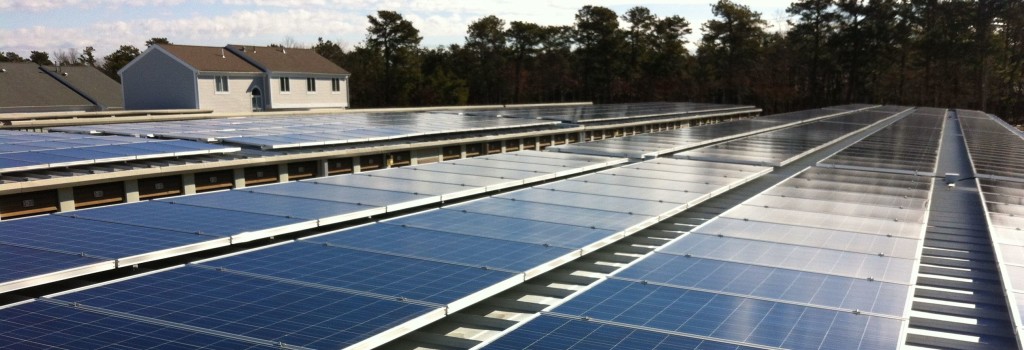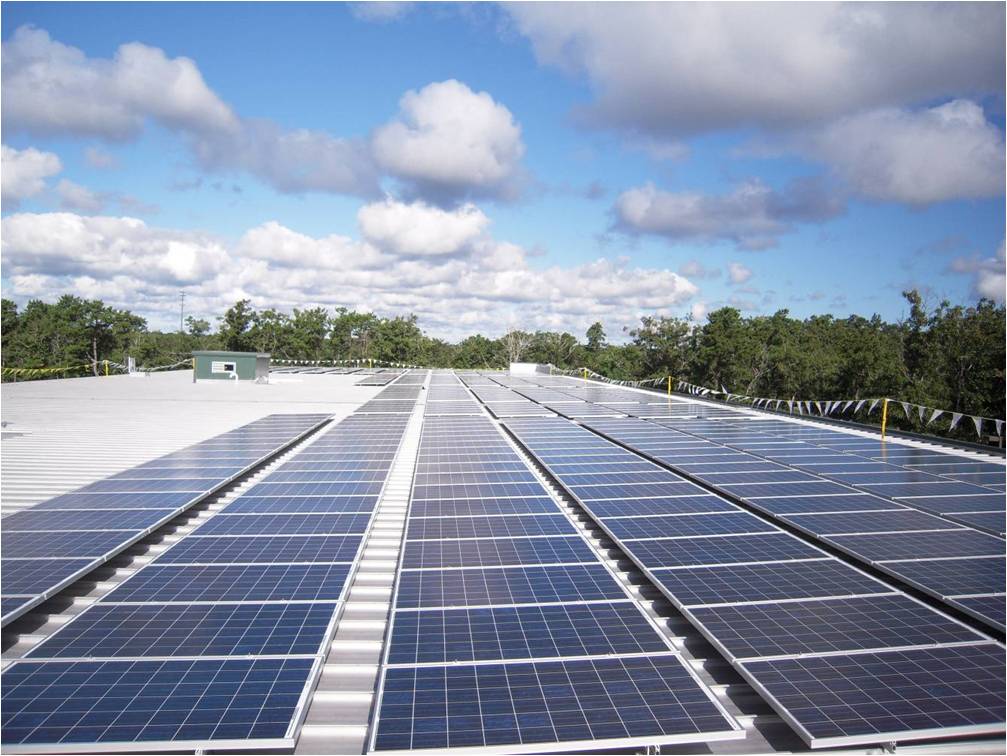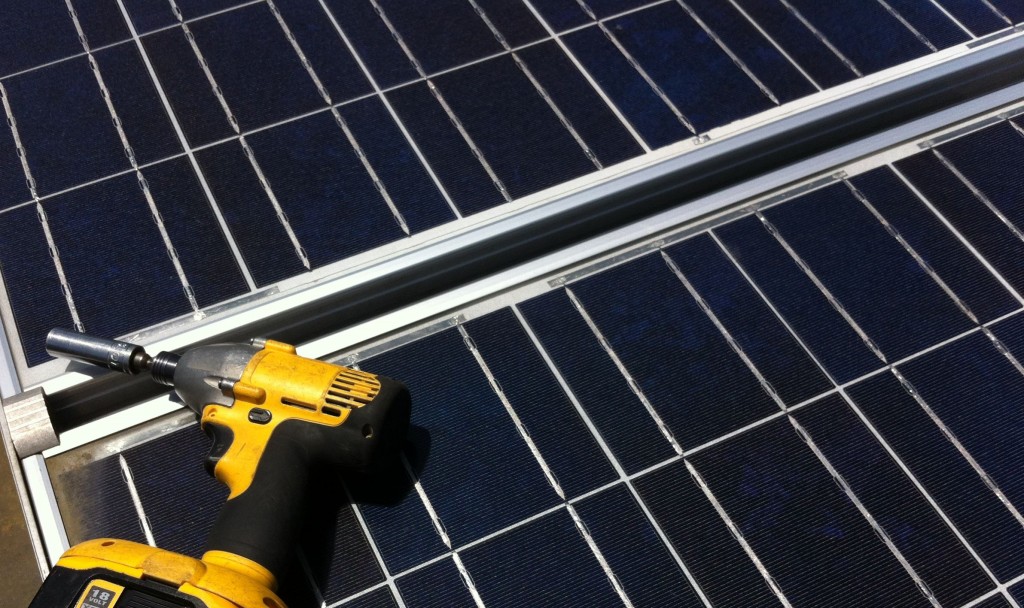Spring is here. The crocuses are emerging, robins flit about, and solar production is sharply climbing as we enter the peak solar generation months. As with the changing of the seasons, a different transition of sorts is happening for legacy solar owners in Massachusetts as the Solar Renewable Energy Certificate program comes to an end for many in the final months of their 10-year program term, and participation in the broader Renewable Energy Certificate market for solar owners begins.
Here is a brief primer on the program transition. After SRECs, solar owners are eligible to participate in the Renewable Energy Certificate (REC) program. This is part of the Massachusetts Renewable Portfolio Standard (RPS) which mandates electric utilities operating in the state purchase an increasing amount of certificates from renewable energy producers (wind, solar, etc.). Production of certificates is typically reported by a solar revenue grade metering company to NEPOOL-GIS. Important note: this assumes a functioning and reporting meter, as well as having agency reporting in place. If you have been receiving payments for SRECs or RECs recently, you likely already have this in place. The RECs can then be brokered. Almost all brokers who help clients transact SRECs, also help clients transact RECs. So, this transition should go smoothly as it is in the broker’s best interest to maintain uninterrupted service.
So what are RECs worth these days? According to recent pricing from brokers, RECs are trading right around $39 per MWh (or $0.039 per kWh). So if you generate 10,000 kWh in a year you could expect about $390 in revenue, excluding broker fees.
To learn more about how Suntility can help you optimize your clean energy facility through the various transitions of solar ownership, contact Suntility through the website or by phone at 508-538-4Sun.
Suntility is your trusted partner in success. Suntility provides renewable energy maintenance services, net metering credit services, owner’s agent services and consulting solutions to optimize facility reliability, performance and value.







